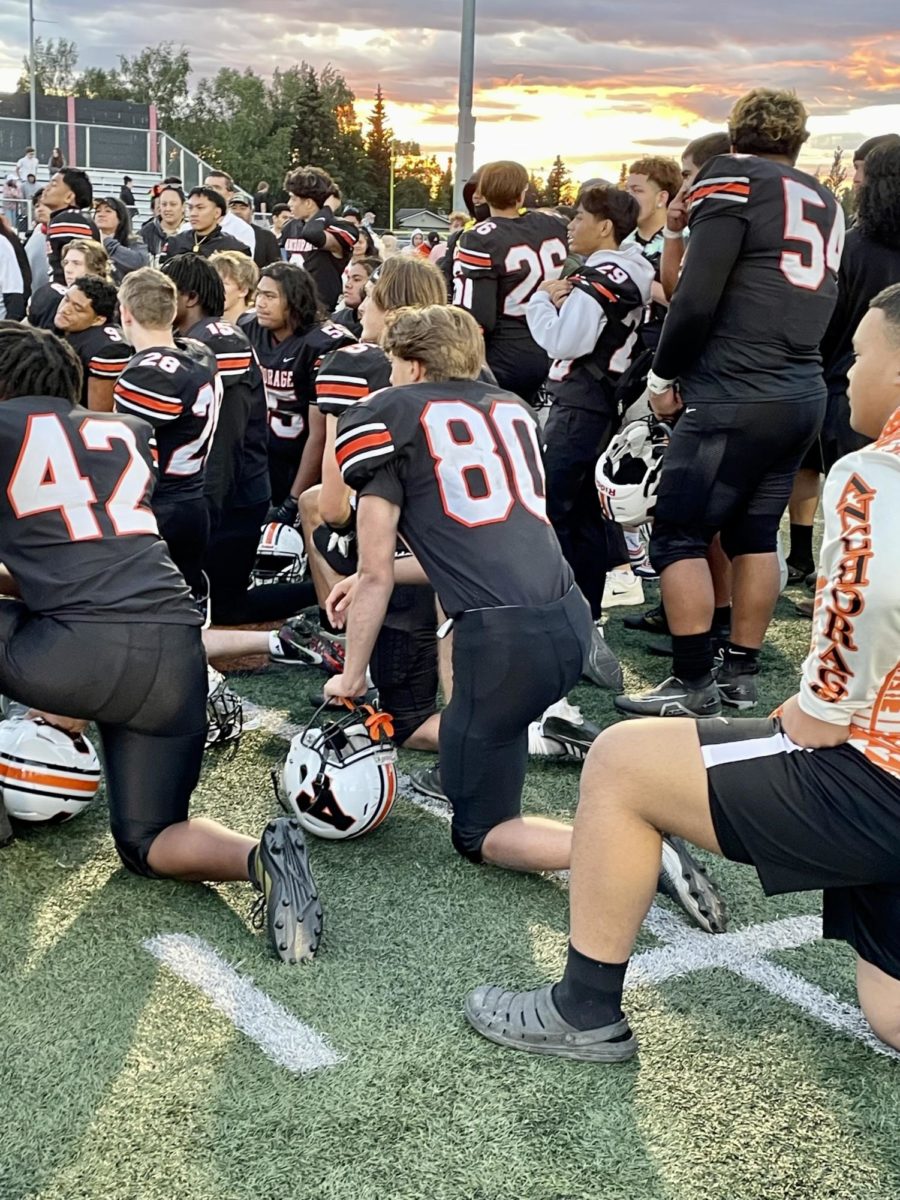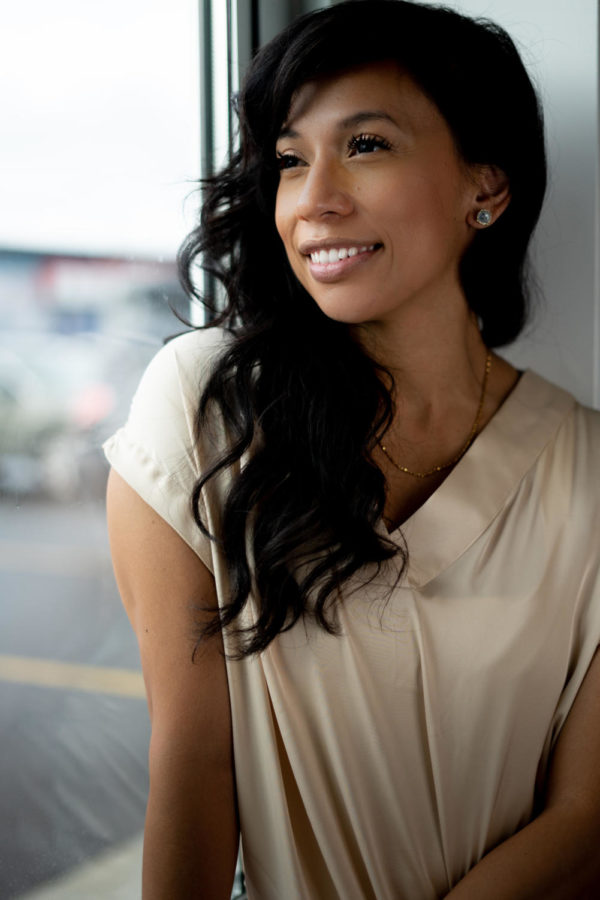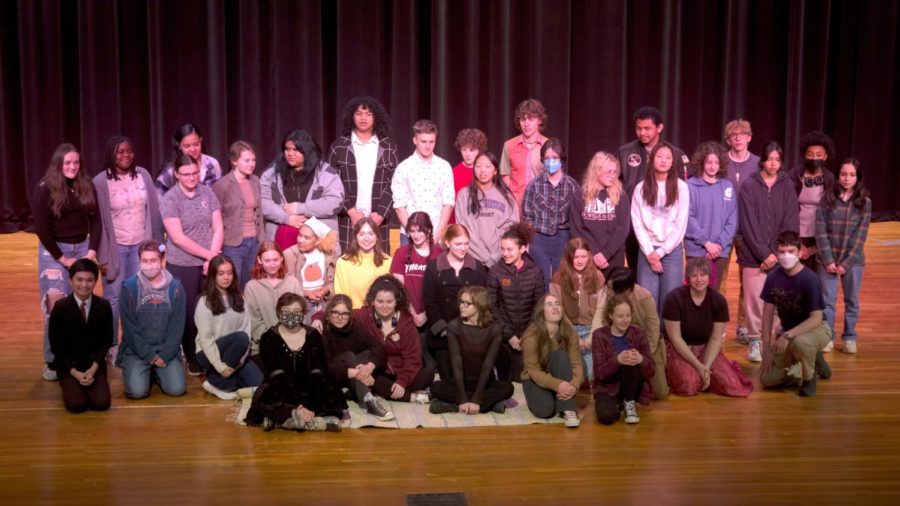Student Views on Brussels Bombings
May 3, 2016
The news of the recent bombings in Brussels on the 22nd of March has touched people across the world, and despite geographical distance, many students at West Anchorage High School have heard of the tragedy. These students are headed towards becoming the next leaders of the state and nation, so their reactions and knowledge now is important in gauging how they will lead.
Jody Nordby, an International Baccalaureate program (IB) teacher, at West offers insight into students’ opinion. While Nordby did not bring the topic up in class, she says students were not really talking about the topic before or during class on the day of the bombings.
Benito Guglani, 16, says, “I wanted to know what was happening,” as he learned of the events. Anastasia Erickson, 17, says she was sad but not surprised about the events as turmoil in Europe and the Middle East has been very high recently.
Guglani says that he feels safe from such attacks thanks to geographical position, and Erickson agrees, saying, “I don’t feel like Alaska is a target.” Although Alaska in particular feels safe to them, Guglani doesn’t think the US is prepared to prevent an attack like this from happening in the nation.
Brussels, being so far away, is difficult to reach out to from West High. Guglani says, “There aren’t many ways to help,” and Nordby says that she has not seen any students attempt to reach out to the people of Brussels. Erickson says, “We are too far away to make a direct connection… we can pray for them.”
Student’s opinions matter because events like this can “Inspire students to do what they can on the home front, with grassroots projects,” says Nordby. Nordby expressed that while students have become less invested in global affairs over her career, they have become a lot more invested locally. “They have become more interested in ways they can help their present community,” says Nordby.
West, as an IB school, does not offer any current events classes. West did not recognize the events or require teachers, including IB teachers to mention the events as they unfolded or afterwards. Whether such a class should exist or not is controversial among students, however Erickson says, “Students need to know what is happening.”
Guglani says he thinks West, “should have some kind of current events class.” Also in agreement that West should recognize and teach students about current events is Nordby; she thinks the lack of conversation could be due to desensitization in students to such topics due to the media and the volume of violent outbreaks.
A survey of 63 students at West revealed that over 70 percent would definitely take a current events class if it were offered. 23% might take the class and 6% would not take it. Students who expressed they might not or would not take the class say that they are hesitant because there would likely be a teacher bias that they do not want when learning about the news.






